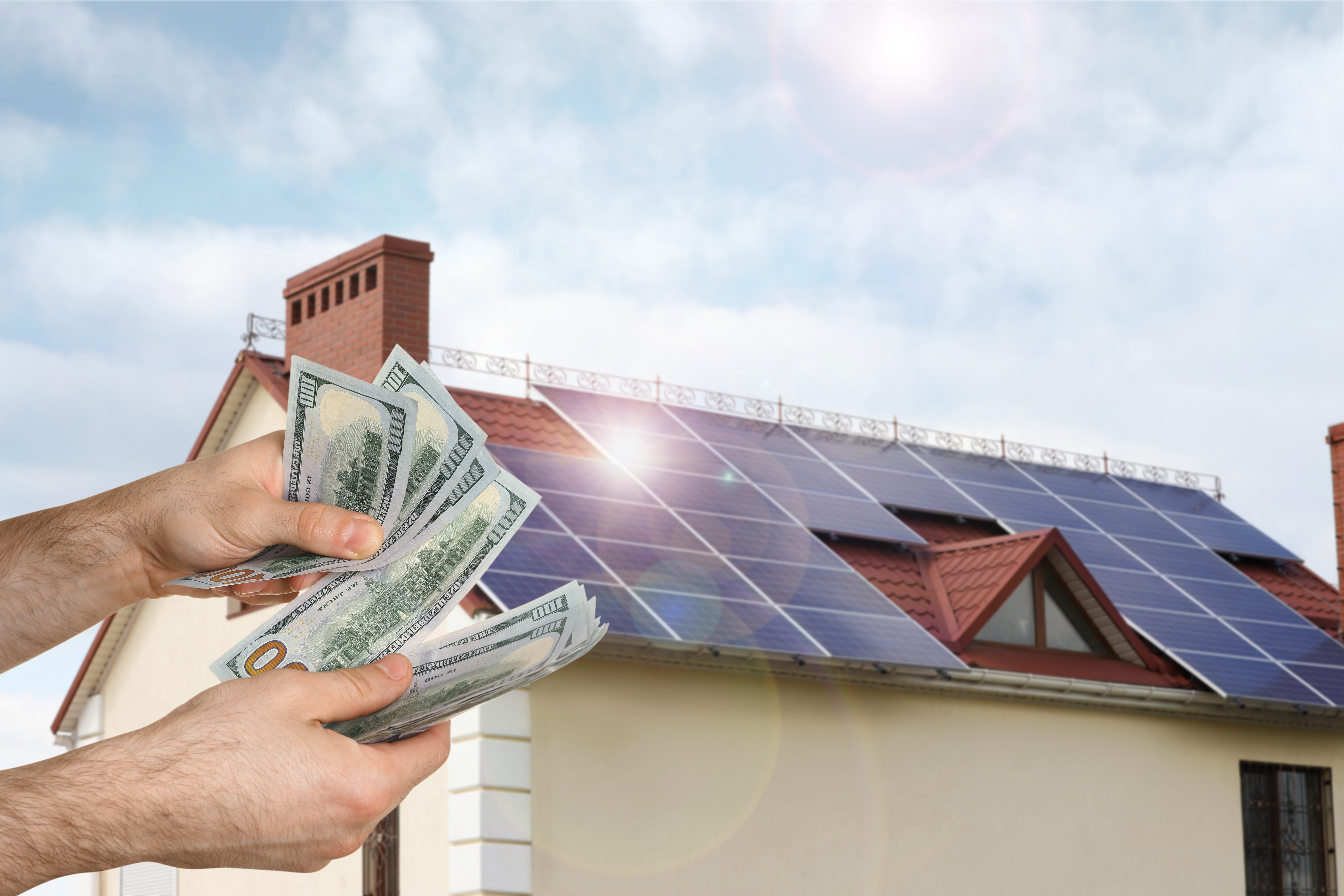Just How Solar Power Can Assist You Save Money and Lower Your Carbon Impact
The integration of solar power right into your energy profile provides a compelling possibility for both monetary cost savings and environmental stewardship. As numerous federal government incentives come to be available, the question arises: exactly how can one effectively browse the initial investments and continuous benefits of solar innovation to maximize both economic and ecological gains?
Understanding Solar Power Savings
While the change to solar energy commonly involves a preliminary financial investment, recognizing solar power financial savings is essential for house owners and businesses alike. Solar power systems can considerably decrease electrical energy costs by harnessing the sun's energy, equating right into substantial long-lasting economic advantages. By creating their own power, users minimize reliance on grid power, which goes through rising and fall rates. These cost savings can collect with time, often resulting in a rapid return on investment.
Furthermore, solar energy systems may get approved for various economic rewards, consisting of tax credit scores and discounts, additionally boosting their cost-effectiveness. The availability of net metering allows customers to sell excess energy back to the grid, creating an additional income stream. These factors contribute to the total financial savings related to solar power.

In addition to guide monetary financial savings, solar power offers the added benefit of increasing residential property value. Homes geared up with solar panels are usually a lot more eye-catching to purchasers, as they guarantee lower energy costs - Simply Solar Illinois. Understanding these aspects is crucial for any person taking into consideration solar power, as it highlights not simply the prospective monetary gains, however likewise the wider environmental and economic benefits of embracing renewable resource solutions
First Prices vs. Long-Term Perks
When examining solar power, it is essential to weigh the first prices against the long-term advantages. The upfront investment for photovoltaic panels, setup, and related tools can be considerable, typically ranging from $15,000 to $30,000, relying on the system size and home energy demands. This initial expense may discourage some home owners; nevertheless, it is essential to think about the potential savings with time.
Once mounted, solar power systems can dramatically decrease or even remove regular monthly electricity costs, resulting in significant lasting economic advantages. Studies show that house owners can conserve anywhere from $10,000 to $30,000 over the life-span of their planetary system, generally 25 years. In addition, many states provide motivations, tax obligation credit reports, and rebates that can balance out first costs, making solar extra available.

Decreasing Your Carbon Impact
Decreasing your carbon footprint is a critical consideration in today's eco mindful culture, and adopting solar energy is one of one of the most effective approaches to accomplish this objective. Solar power is a tidy, renewable source that significantly reduces reliance on check over here nonrenewable fuel sources, which are significant contributors to greenhouse gas exhausts.

Additionally, the widespread fostering of solar technology urges the development of environment-friendly jobs and sustains developments in power storage and performance. The more people and companies purchase solar energy, the better the collective decrease in carbon emissions, promoting a cleaner atmosphere for future generations.
Government Motivations and Refunds
Taking on solar power not just profits the environment yet can additionally result in substantial financial cost savings, specifically with the availability of federal government incentives and refunds. Numerous federal, state, and regional programs are made to encourage home owners and services to buy solar energy systems, making the shift a lot more budget friendly.
One of one of the most popular rewards is the Federal Financial Investment Tax Obligation Credit Score (ITC), which allows solar system owners to subtract a significant percentage of the installation costs from their federal tax obligations. This reward has been critical in lowering the ahead of time expenditures linked with solar power systems. Additionally, numerous states provide their own tax credit histories, gives, and discounts that can further improve financial savings.
In addition, some neighborhood federal governments offer residential or commercial property tax exemptions for solar installations, ensuring that homeowners do not face raised real estate tax as an outcome of their eco-friendly power investments. Utility business might additionally use rewards, including net metering and feed-in tolls, which enable solar power customers to offer excess power back to the grid.
Choosing the Right Solar System
Picking the proper solar system is essential for optimizing energy efficiency and financial advantages. The decision pivots on several factors, consisting of energy needs, spending plan, and offered Continued space. House owners must begin by analyzing their electrical energy consumption to establish the system size needed for ideal efficiency.
Next, consider the various kinds of solar innovations available. Simply Solar Illinois. Solar (PV) panels are the most usual, find out here transforming sunlight straight into power, while solar thermal systems concentrate on home heating water. Each kind has distinct benefits depending on private requirements
Budget plan considerations are likewise paramount. Preliminary installation costs can differ considerably, so it is very important to compare quotes from numerous suppliers and explore funding options. Government rewards and discounts can even more minimize the monetary burden, making solar systems a lot more accessible.
Final Thought
The ecological advantages of solar energy contribute to lasting methods vital for combating climate change. Federal government rewards improve the feasibility of solar technology fostering, urging a shift towards a cleaner, more economically effective energy source.